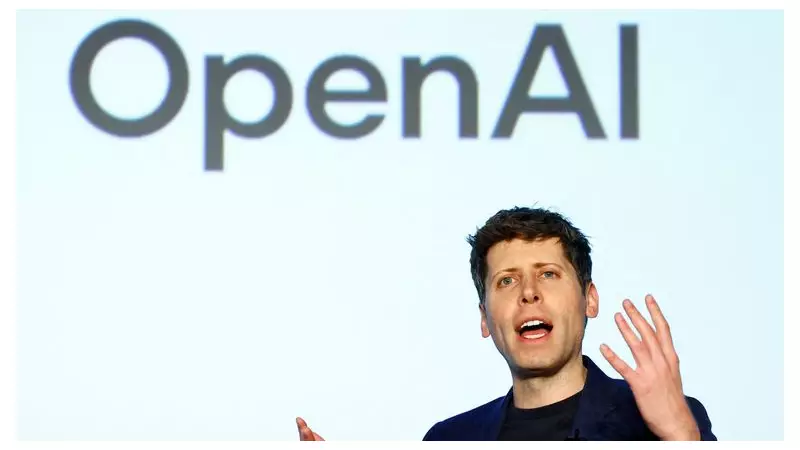
California's top legal officer has issued a stark warning to OpenAI, declaring that the state will maintain close surveillance over the artificial intelligence powerhouse's controversial transition to a for-profit business model.
Attorney General Rob Bonta revealed his office is actively examining the governance restructuring at the company behind ChatGPT, expressing significant apprehension about the implications of such a fundamental shift in the AI lab's operational framework.
Scrutiny Over Governance Shake-up
The development follows OpenAI's announcement of its conversion from a pure non-profit entity to what it describes as a 'capped-profit' structure. This strategic pivot has raised eyebrows among regulators and industry observers alike, particularly given the company's influential position in the rapidly evolving AI landscape.
'We are paying close attention,' Bonta stated unequivocally during a press briefing. 'The transformation of OpenAI's governance structure demands careful examination to ensure it aligns with both legal requirements and ethical considerations.'
Broader AI Accountability Push
Bonta's scrutiny forms part of a wider initiative by California authorities to establish comprehensive oversight of artificial intelligence development and deployment. The Attorney General's office has been actively investigating how leading AI companies manage potential risks associated with their technologies.
The regulatory examination encompasses multiple dimensions:
- Consumer protection implications of AI systems
- Data privacy and security protocols
- Potential biases embedded in algorithmic decision-making
- Transparency in AI development processes
Industry-Wide Implications
This heightened regulatory attention arrives at a critical juncture for the artificial intelligence sector, which has experienced explosive growth and increasing public scrutiny. OpenAI's structural changes could establish precedents affecting how other AI research organisations balance innovation with accountability.
'The conversion of such a prominent player from non-profit to for-profit status raises important questions about the future direction of AI development,' Bonta emphasised. 'We must ensure that commercial interests don't overshadow the broader societal benefits that AI promises.'
As artificial intelligence continues to reshape industries and daily life, regulatory bodies worldwide are grappling with how to foster innovation while implementing appropriate safeguards. California's proactive stance signals a new era of accountability for tech giants operating at the frontiers of AI research.





